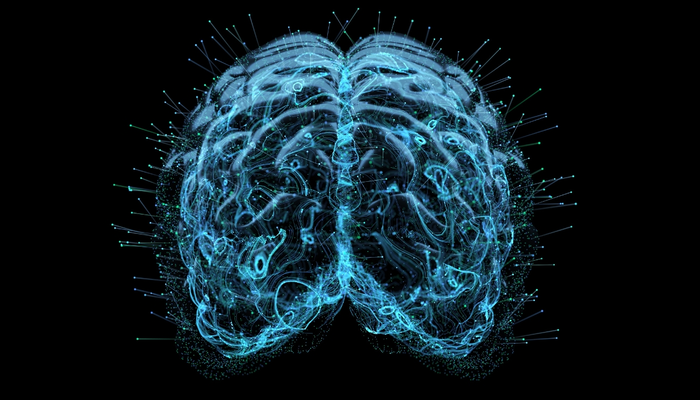A new report from Microsoft and Carnegie Mellon University highlights the risks of overreliance on generative AI (Gen AI). It reveals that excessive use of these tools may weaken critical thinking and problem-solving skills in the workplace. While Gen AI boosts productivity, its impact on cognitive abilities should not be overlooked.
Key Findings of the Report
The report, titled The Impact of Generative AI on Critical Thinking: Self-Reported Reductions in Cognitive Effort and Confidence Effects From a Survey of Knowledge Workers, examines how Gen AI influences critical thinking. Researchers studied 319 knowledge workers and analyzed 936 real-world examples of AI use to understand when and why critical thinking diminishes during AI tool usage.
The study found that many users equate minor edits to AI-generated content with critical thought. This behavior, coupled with high trust in AI, often results in little scrutiny of AI-generated responses. In contrast, individuals with higher self-confidence tend to apply deeper analysis and engage in more critical evaluations of AI outputs.
Read: Sam Altman Rejects Elon Musk’s $97.4 Billion Bid for OpenAI
How Confidence Affects Critical Thinking
The researchers, led by Hao-Ping Lee from Carnegie Mellon and a team from Microsoft Research, presented their findings at the 2025 CHI Conference on Human Factors in Computing Systems. They explored how trust in AI influences cognitive effort and user behavior.
Users who place high trust in AI exert less effort in critical thinking. Conversely, those with greater self-confidence tend to challenge AI responses more effectively. This suggests that user perception plays a crucial role in how AI tools are used and the extent to which critical thinking is engaged.
Productivity vs. Overreliance
Gen AI tools are often used to draft emails, create content, and offer quick information. While convenient, this can lead to cognitive skill erosion in tasks requiring deeper analysis. Workers may default to using AI without questioning its accuracy or relevance, especially in low-stakes situations. Over time, this pattern can reduce independent problem-solving skills and critical engagement.
The Need for Balanced AI Usage
To counter the risk of overreliance, AI tools should be designed with features that encourage users to think critically. This could include prompts for users to review responses, feedback loops, or even suggestions for alternative viewpoints. Such features would help maintain an active and questioning mindset, preventing blind acceptance of AI outputs.
How to Maintain Critical Thinking Skills
If you frequently use Gen AI tools at work, striking a balance is essential. Treat AI as a copilot rather than the final authority. Cross-reference AI responses with other sources, question the output’s accuracy, and make it a habit to reflect on the results. By staying actively engaged, you can enjoy the benefits of AI without compromising your critical thinking skills.
Follow us on Google News, Instagram, YouTube, Facebook,Whats App, and TikTok for latest updates
